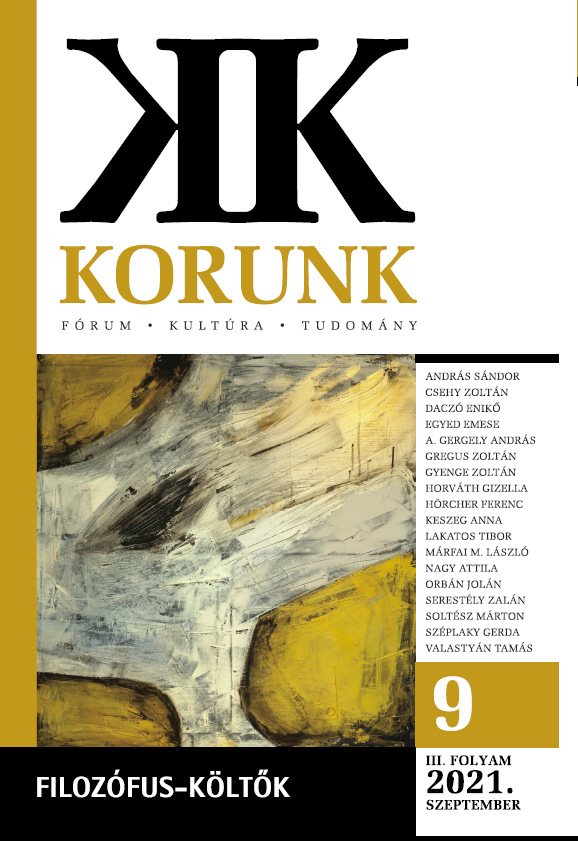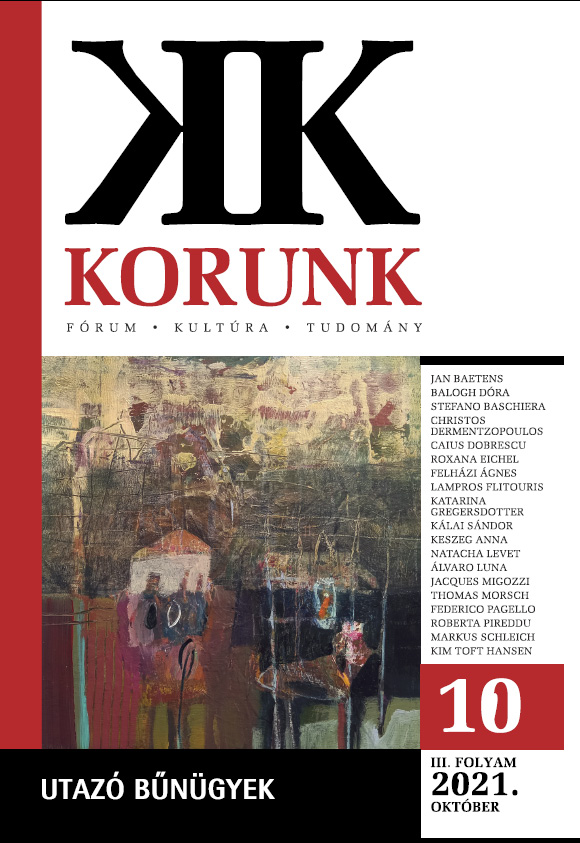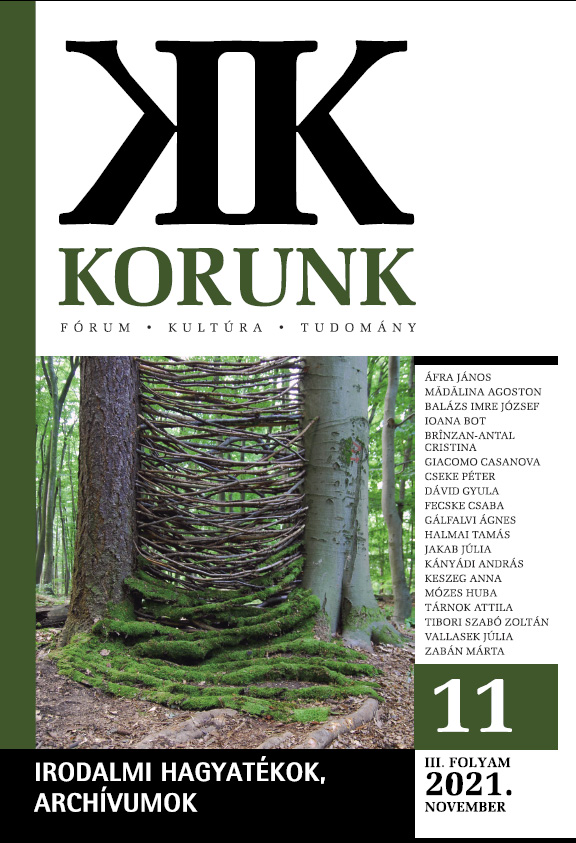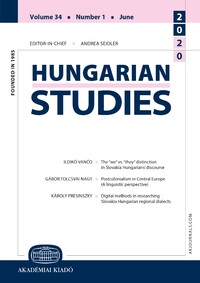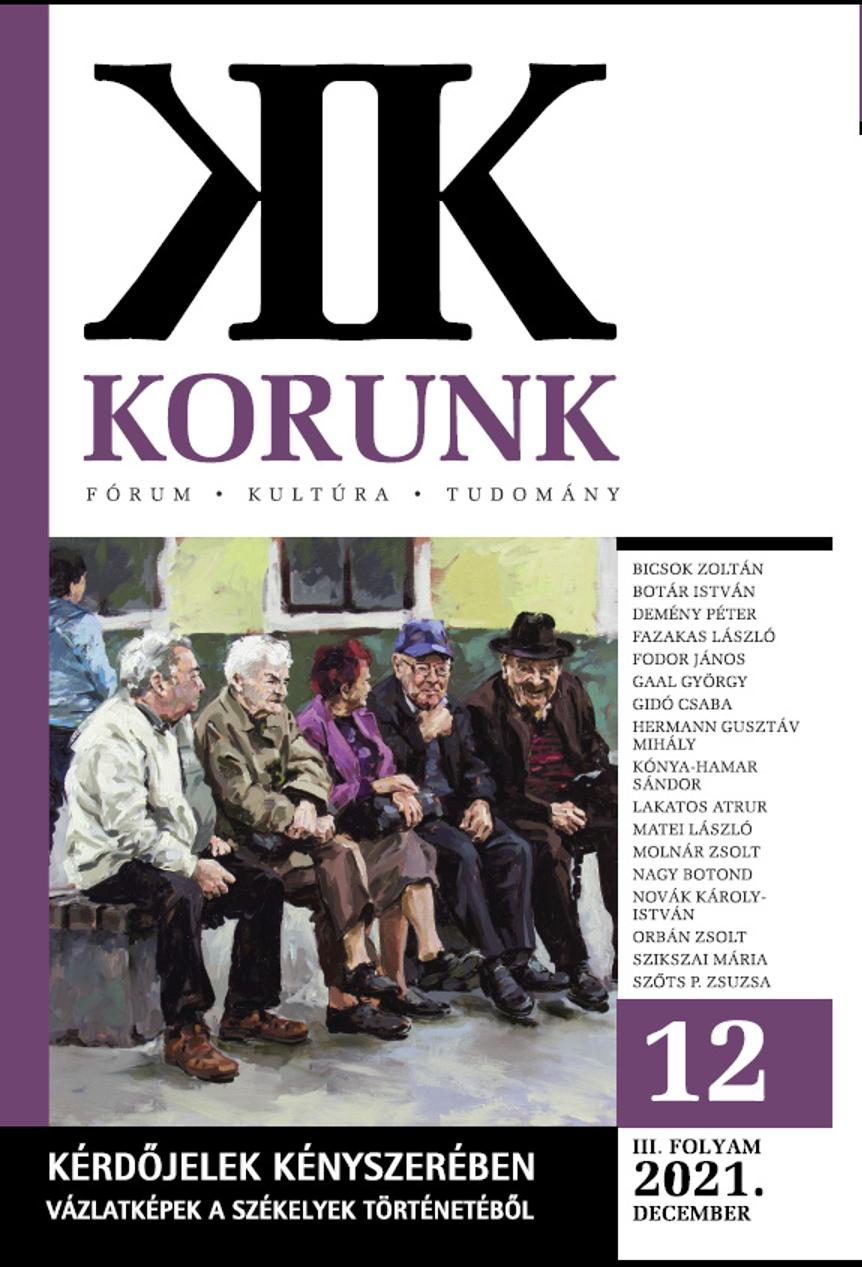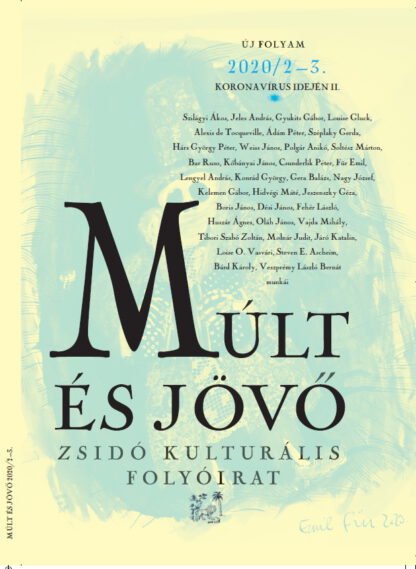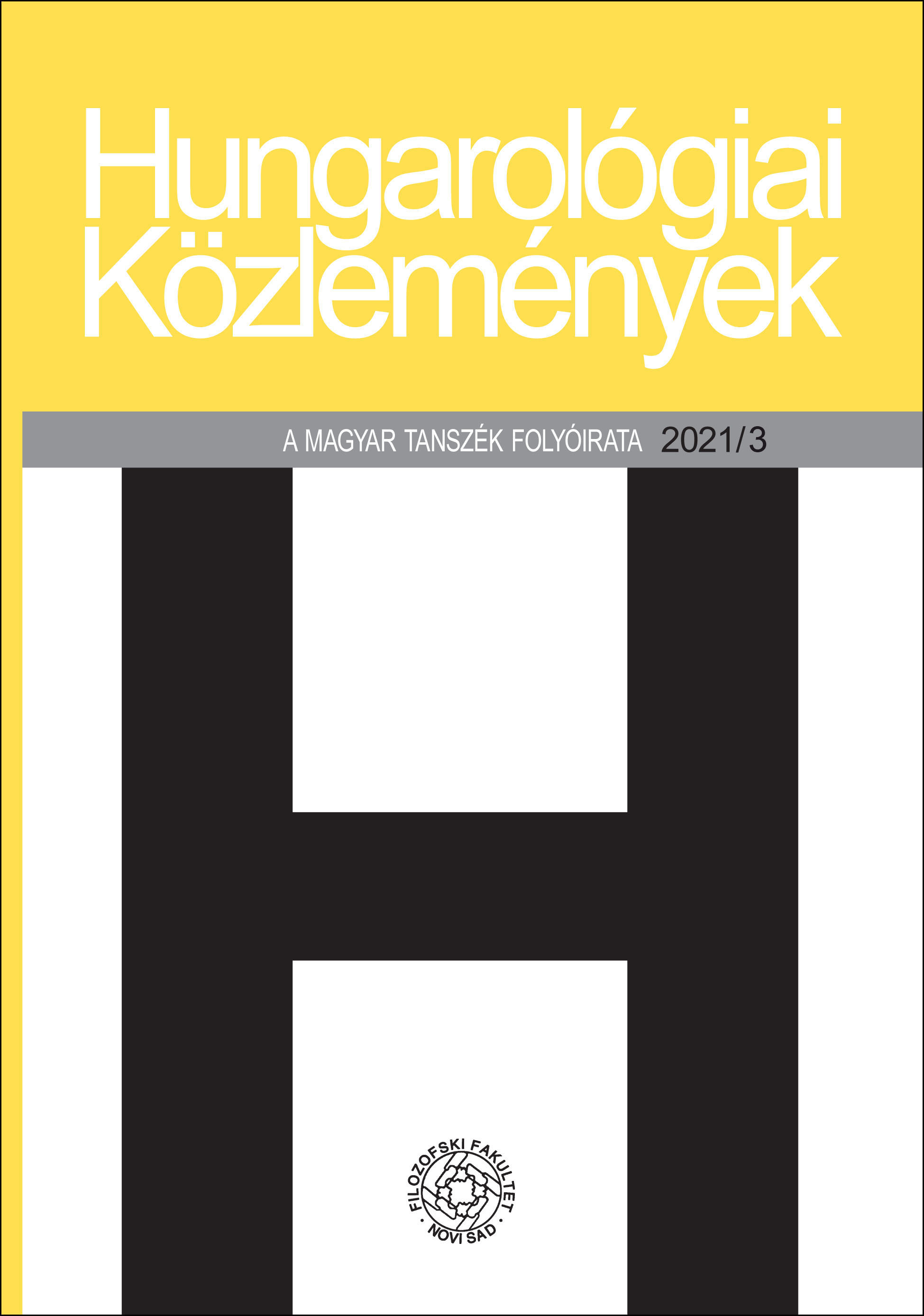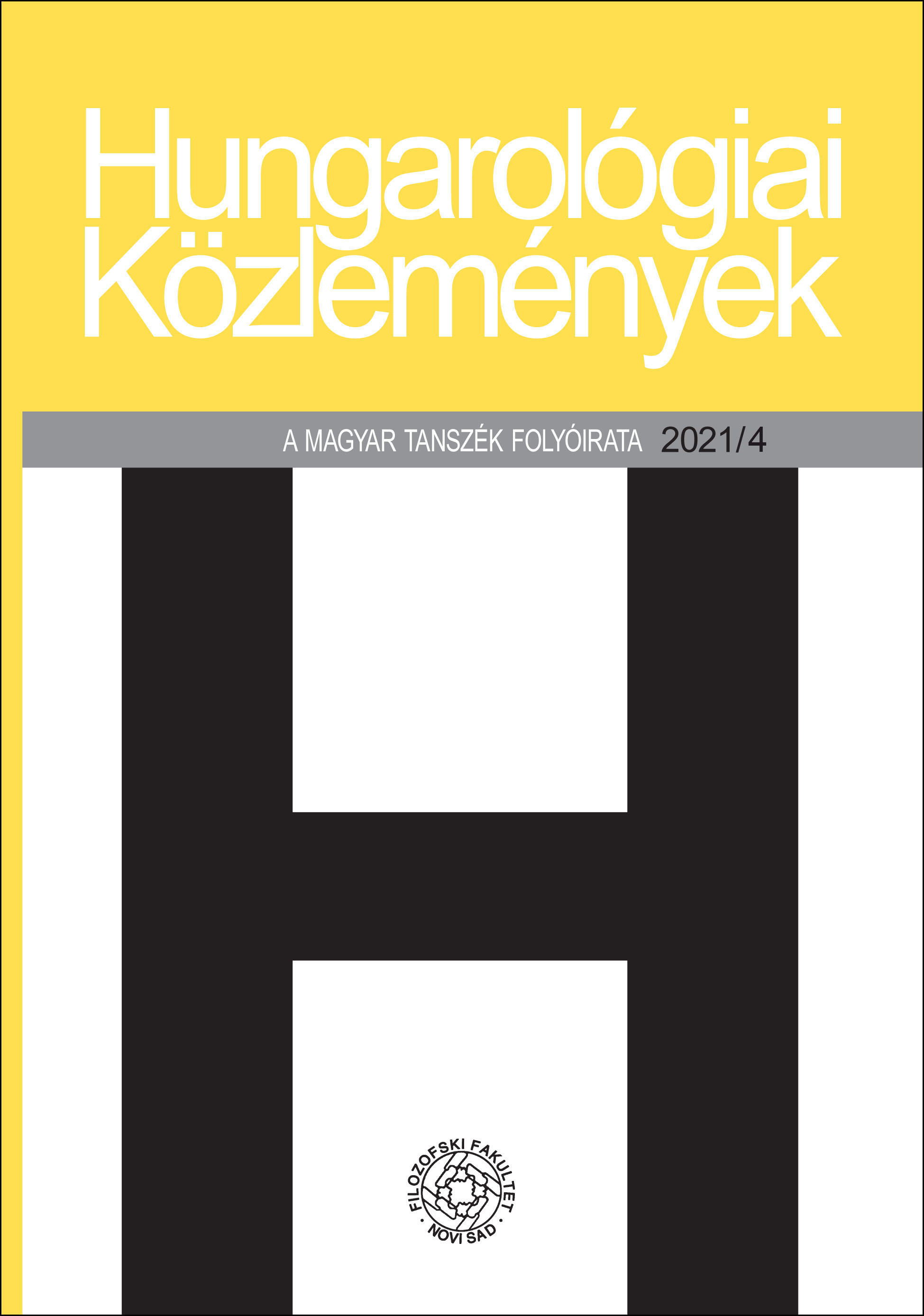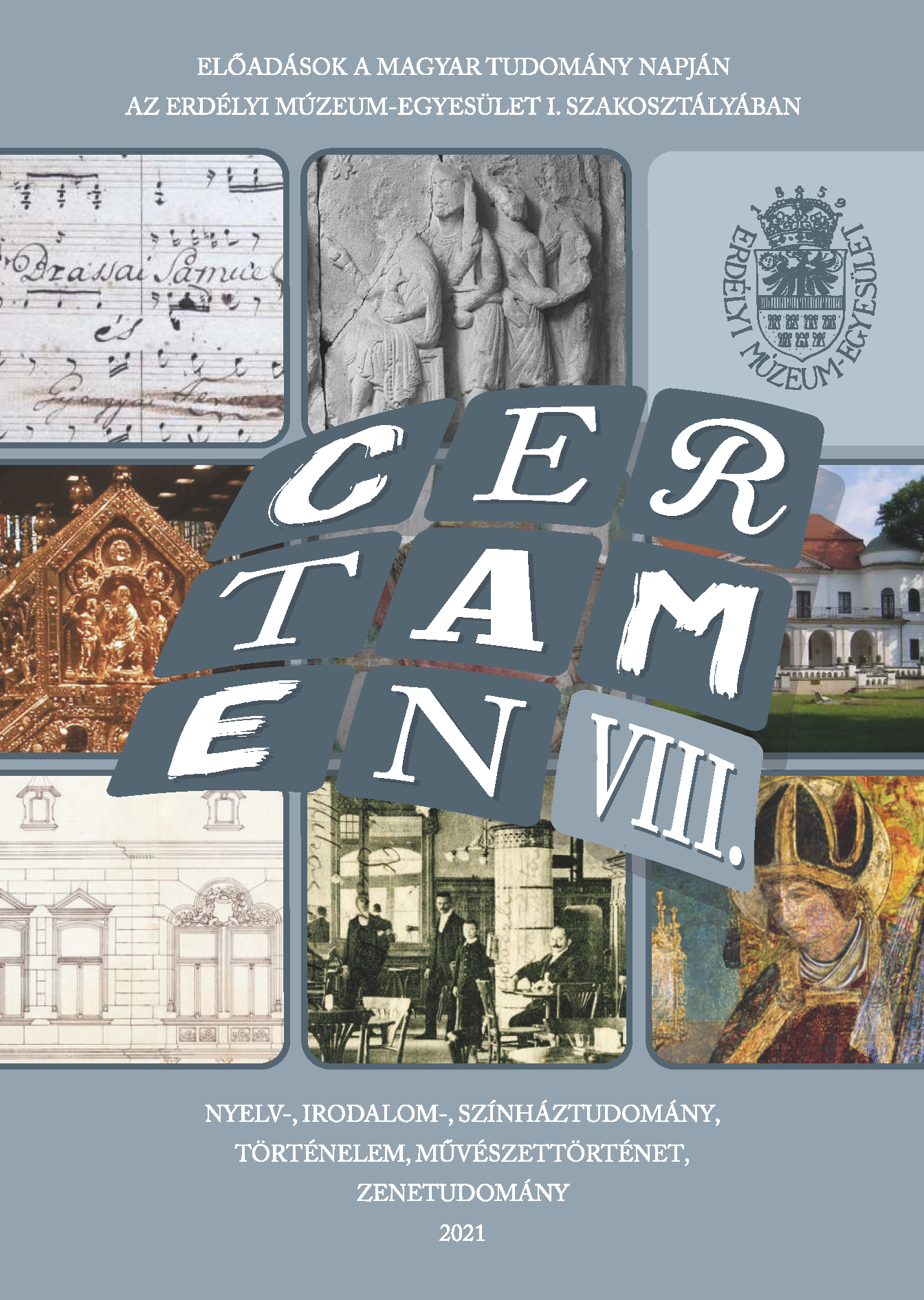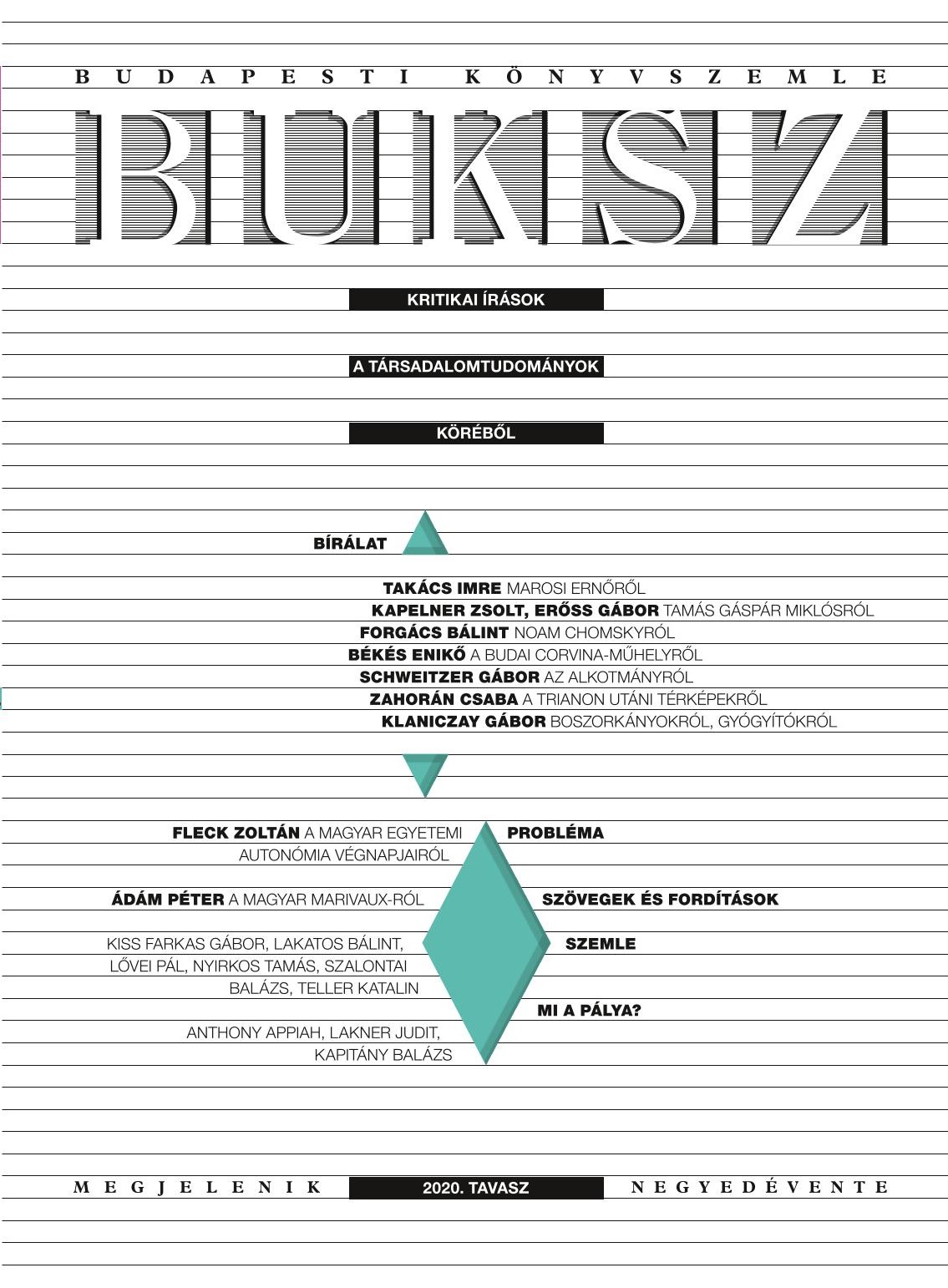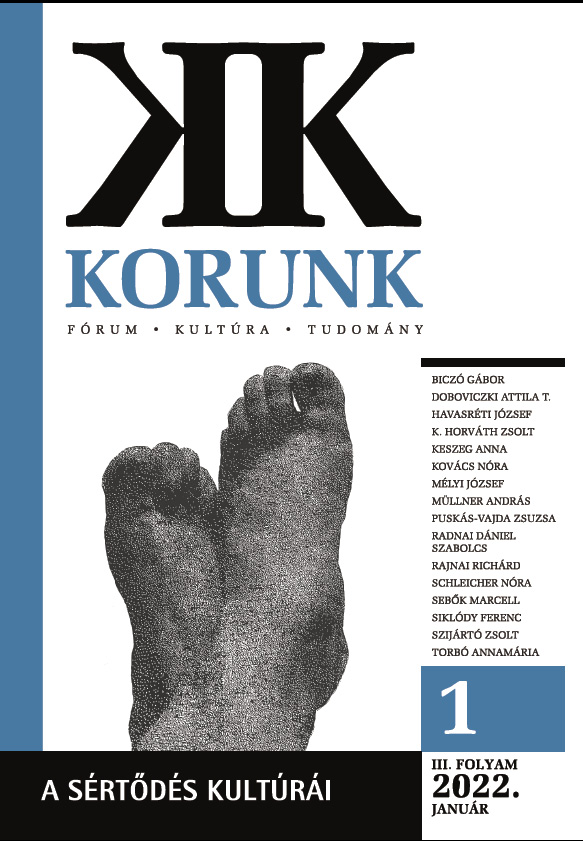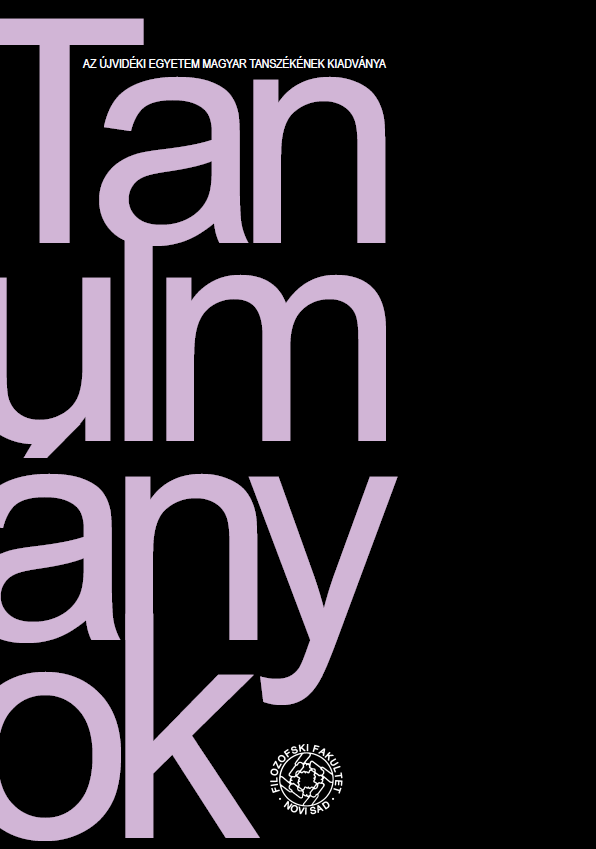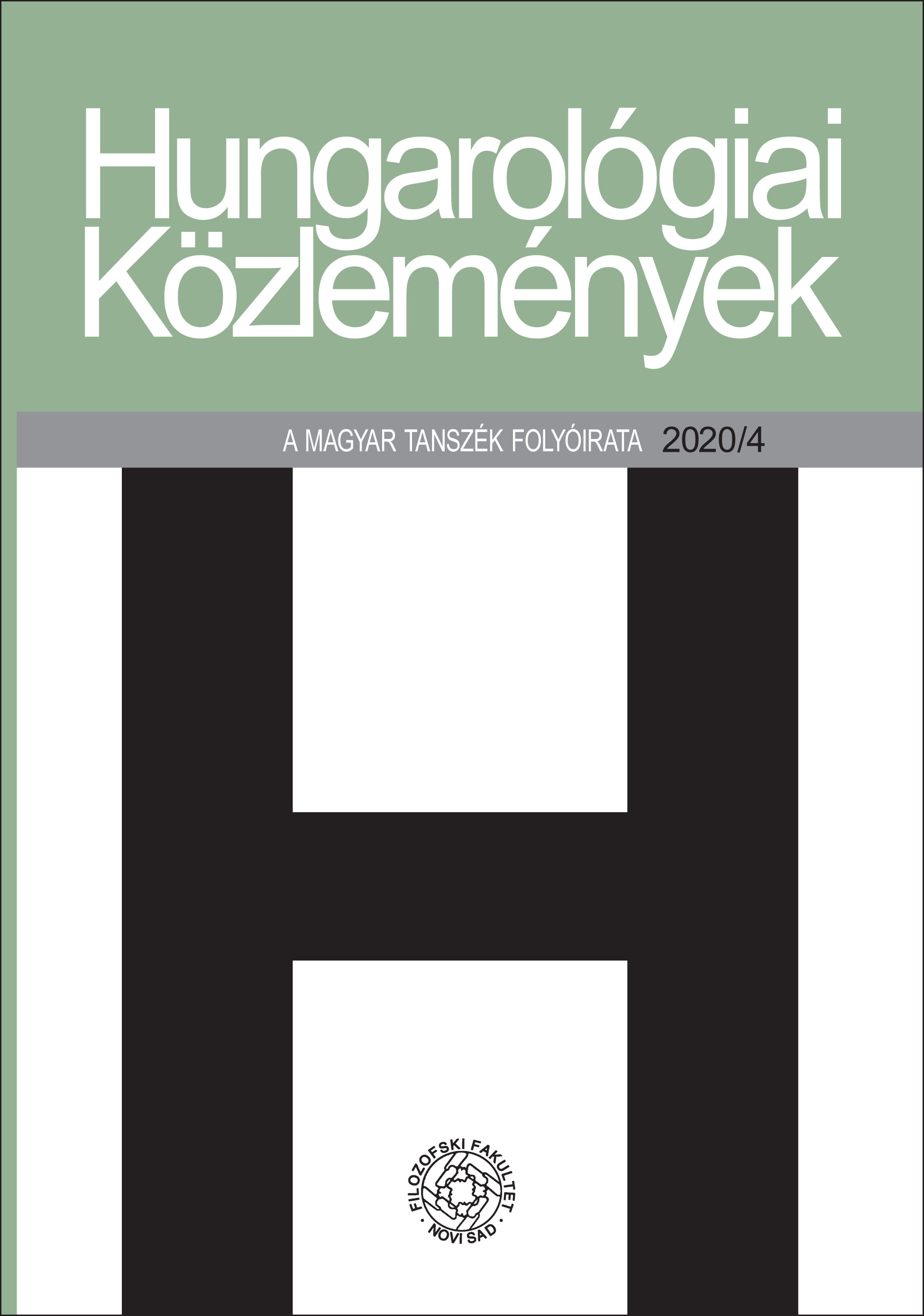
Az irodalmi szöveg instabilitása és a műalkotás változó kontextusai
The publication history of Mihály Babits’ poem Fortissimo is exceptional from several perspectives. The March 1 issue of the journal Nyugat was confiscated in 1917 because of the poem, and prosecution began against the author. Afterwards, the poem was circulated in typed- and handwritten copies, and in that very same year it was published in French, and then in two anthologies in German the following year. Fortissimo became available again in Hungarian only after the Aster Revolution in the volume entitled A diadalmas forradalom könyve [The Book of the Triumphant Revolution], and a few days later in the literary journal, Nyugat. This paper, applying the methodology of historical bibliography, examines how the changing material context of Fortissimo influences the poem’s interpretability from the first stage of its existence to its re-publication in the volume.
More...
